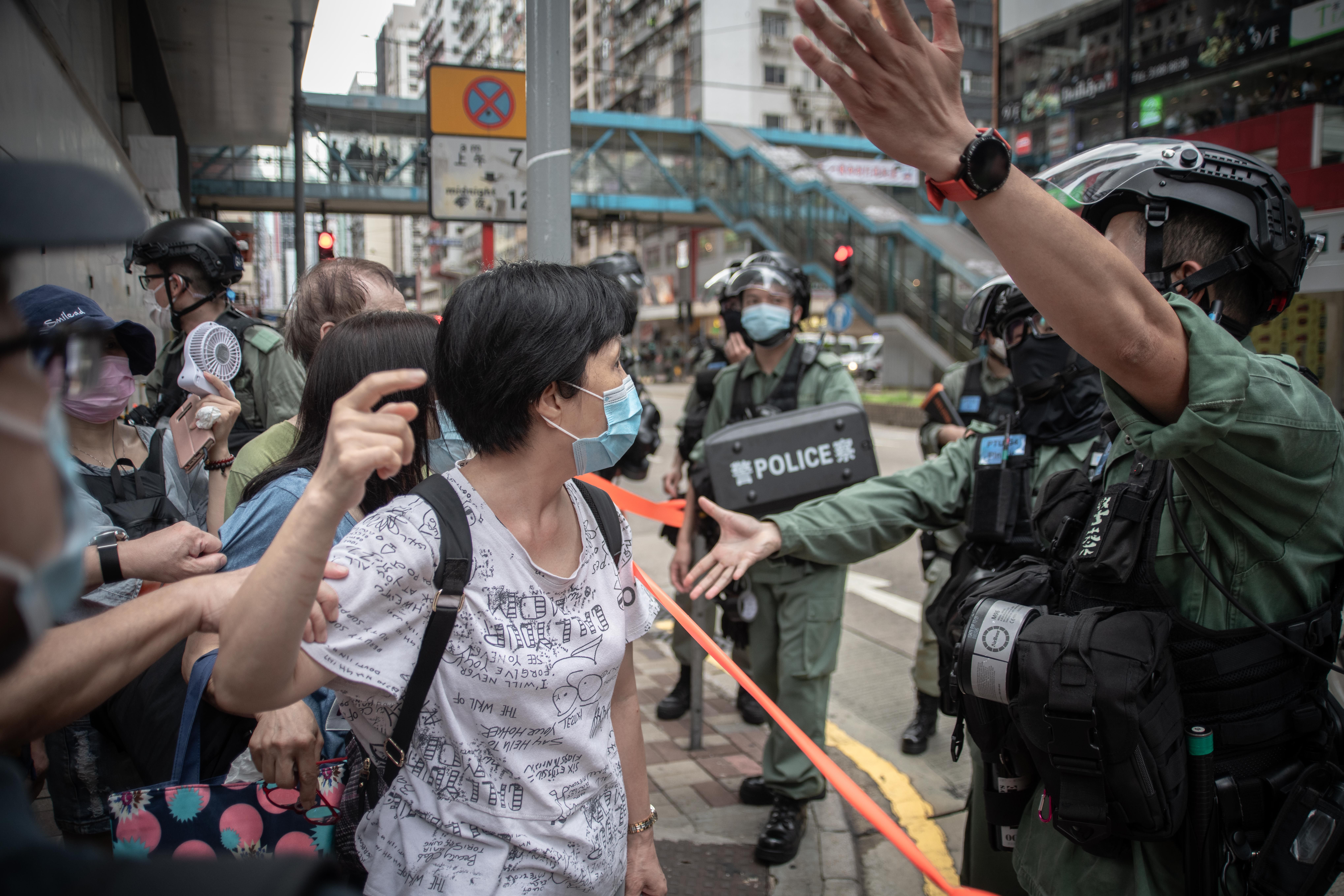The End of “One Country, Two Systems” in Hong Kong

Why did China adopt this law?
The Chinese authorities want to facilitate a crackdown on protests in Hong Kong against increasing control by China over the region and block the activities of organisations criticizing the region’s growing political dependence on China. The destabilisation of the situation in Hong Kong in 2019 undermined Xi’s image as a strong authority and strengthened autonomy sentiment in the region, confirmed by the victory of democratic groups in the local elections of November 2019. China sees an opportunity in the COVID-19 pandemic that other countries (e.g., the U.S.) will be less likely to react negatively at this time. The implementation of the law into the legal order of the region using Annex III of the Hong Kong Basic Law (without the participation of the local legislature) is a sign of China’s lack of confidence in the Hong Kong administration, from which the contents of the law were hidden until its publication on 30 June.
What are the law’s main provisions?
The law penalises through the Hong Kong legal order activities directed against China— secession, subversion, terrorism, and collusion with foreign entities. Each charge will be threatened with up to life imprisonment. “Terrorism” also includes disruption of public transport, and “collusion” includes not only espionage but also, for example, influencing the decision-making process of the authorities. Not only will residents of the region be held liable under the new law but also foreigners, including acts not committed in Hong Kong. The law sets up special institutions to supervise investigations and indictments controlled by China and excluded from the region’s jurisdiction and its authorities. The judges examining cases will be selected by Hong Kong’s chief executive.
How will the law change Hong Kong?
On 30 June, many pro-democracy activists and organisations, such as Demosisto, announced a suspension of activities. Some are moving to Taiwan, the U.S., or Australia. In practice, they will probably continue their activities underground, which will reduce the scale of future protests. Hong Kong citizens have removed their social media accounts, posters from storefronts—anything that could be used to prove their “illegal” activity. At the same time, pro-Chinese parties intensified their activity, including offering rewards for reporting violations of the new regulations. The law will make it easier for the Chinese authorities to control the legislative elections planned for September 2020. It will also affect the situation of foreign companies in Hong Kong accused of supporting protesters (e.g., HSBC). Their activities will be assessed in terms of the provisions of the law, not by an independent judiciary, but by the Chinese authorities.
What significance will the law have on China’s foreign relations?
On 30 June, 27 member states (including 15 from the EU) of the UN Human Rights Council accused China of breaking the principles of the joint Sino-UK Joint Declaration. The president of the European Commission spoke in a similar vein. The adoption of the law will intensify EU policy towards China. It will be important for the Union to support Chinese civil society in Hong Kong, which will now be subject to the same restrictions as in China. The UK has declared consent for holders of British “Overseas” passports (almost 3 million people) from Hong Kong to settle in the UK. The U.S. has already imposed restrictions on the export of selected technologies to the region and visas for Chinee officials, but is even considering cancelling Hong Kong’s special economic status in U.S. legislation. This would be an additional argument for companies to leave the region. However, the economic crisis in the U.S. and in the EU will keep this movement away from Hong Kong from being massive.


